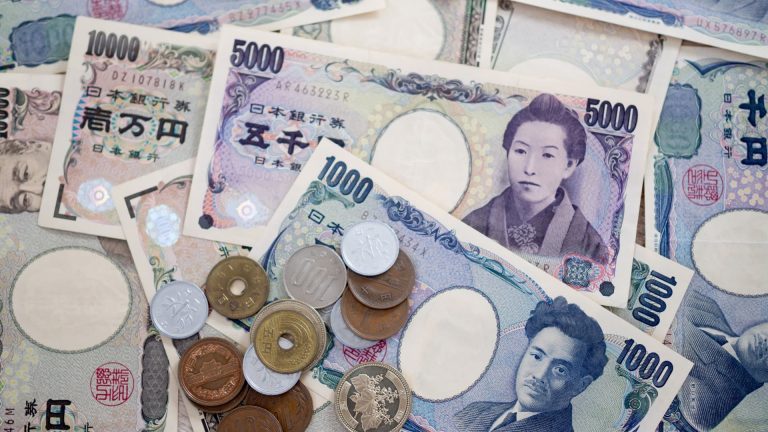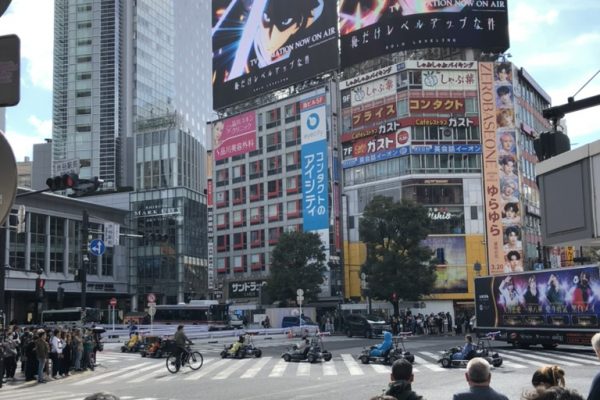The Cost Of Living In Tokyo
Living in Tokyo, Japan’s bustling capital city, often comes with a high price tag. Known for its blend of traditional culture and modern urban life, Tokyo offers an array of experiences, but such luxury often doesn’t come cheap.
In comparison to other developed nations, the cost of living in Japan may seem lower in comparison. However, Tokyo does have a higher cost than most other areas of Japan. This is felt particularly by those earning what is on average a much lower salary here than would be for the same career in some other countries.
This article delves into the various aspects of living expenses in Tokyo, providing a comprehensive guide for potential residents and expatriates.
Housing Costs
Housing is typically the most significant expense for anyone living in Tokyo. The city offers a wide range of accommodation options, from small apartments to larger houses. However, prices can vary drastically depending on the location and size of the property.
Central areas like Shibuya, Shinjuku, and Minato are among the most expensive, with monthly rents for a one-bedroom apartment ranging from ¥150,000 to ¥300,000.
In contrast, more suburban areas such as Setagaya or Suginami might offer slightly lower rents, around ¥100,000 to ¥200,000 for similar accommodations.
If one is willing to commute just a few extra stops away on the train, the monthly rent costs can be significantly lower with a larger living space, than for a more centrally located and also smaller apartment.
In addition to the rent, moving-in costs are significant in Tokyo. In most instances the renter will be required to pay the equivalent of up to three months rent up front as additional costs. This money is not rent, you will not get it back, it is essentially gift money to the landlord, in addition to the rent that you will be paying.
Utilities
Utilities, including electricity, water, gas, and internet, typically cost around ¥15,000 to ¥25,000 per month. This estimate can fluctuate based on usage and the size of the dwelling.
Double glazed windows are extremely rare in Tokyo, particularly in rented accommodation, as there is no legal requirement for buildings to have such insulation, and so during the winter and summer months, electricity bills may rise due to heating and cooling needs.
Transportation
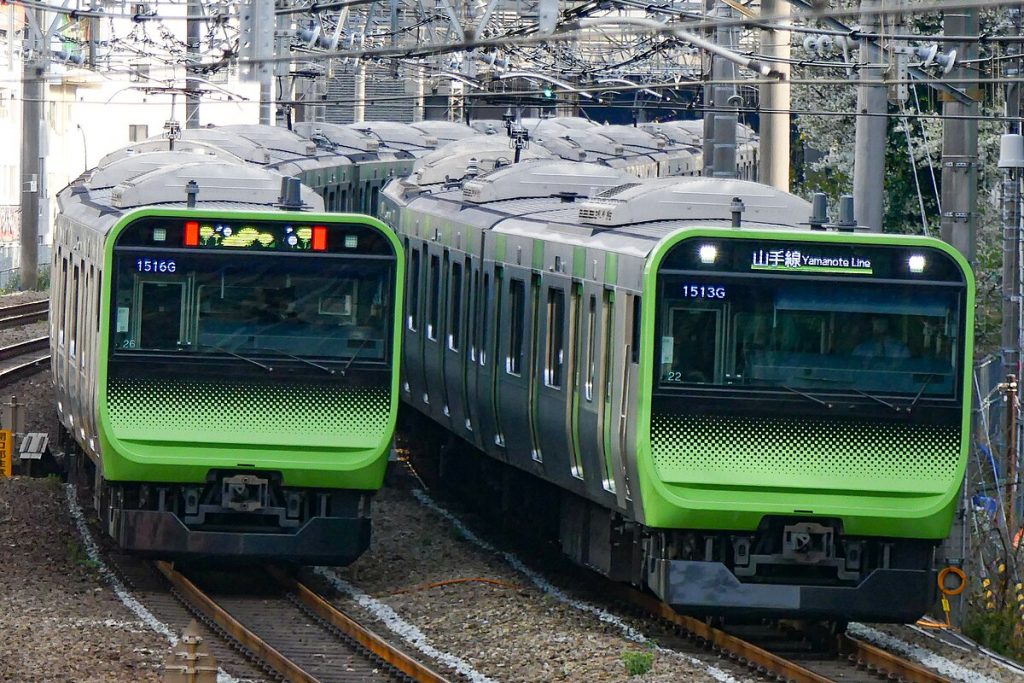
Tokyo boasts an extensive and efficient public transportation system, making it easy to navigate the city without a car. Monthly commuter passes for the train system can cost between ¥10,000 and ¥20,000, depending on the distance traveled.
Buses and taxis are also available, however it is worth noting that taxi fares are by far the most expensive means for getting around.
Most of Tokyo’s buses have a fixed fare of around ¥230, and train fares are quite affordable. For example, a one way trip from the above mentioned suburbs of Suginami to Shinjuku station, using one bus and one train would cost ¥410, for a 40 minute journey.
Food & Groceries
Dining out in Tokyo can range from affordable to quite expensive.
A meal at an inexpensive restaurant might cost around ¥1,000, while a three-course dinner at a mid-range restaurant could cost between ¥3,000 and ¥6,000.
High-end restaurants often cost well over ¥10,000
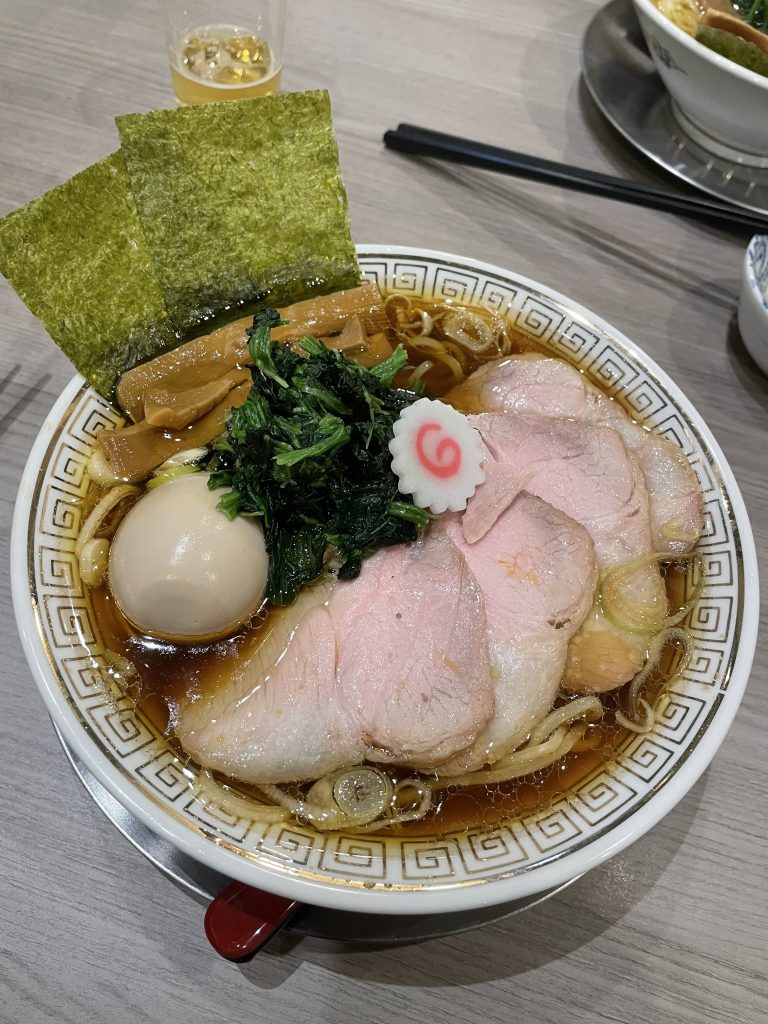
Groceries for one person can cost around ¥30,000 to ¥50,000 per month, depending on dietary preferences and shopping habits. Imported goods and specialty items can significantly increase this cost.
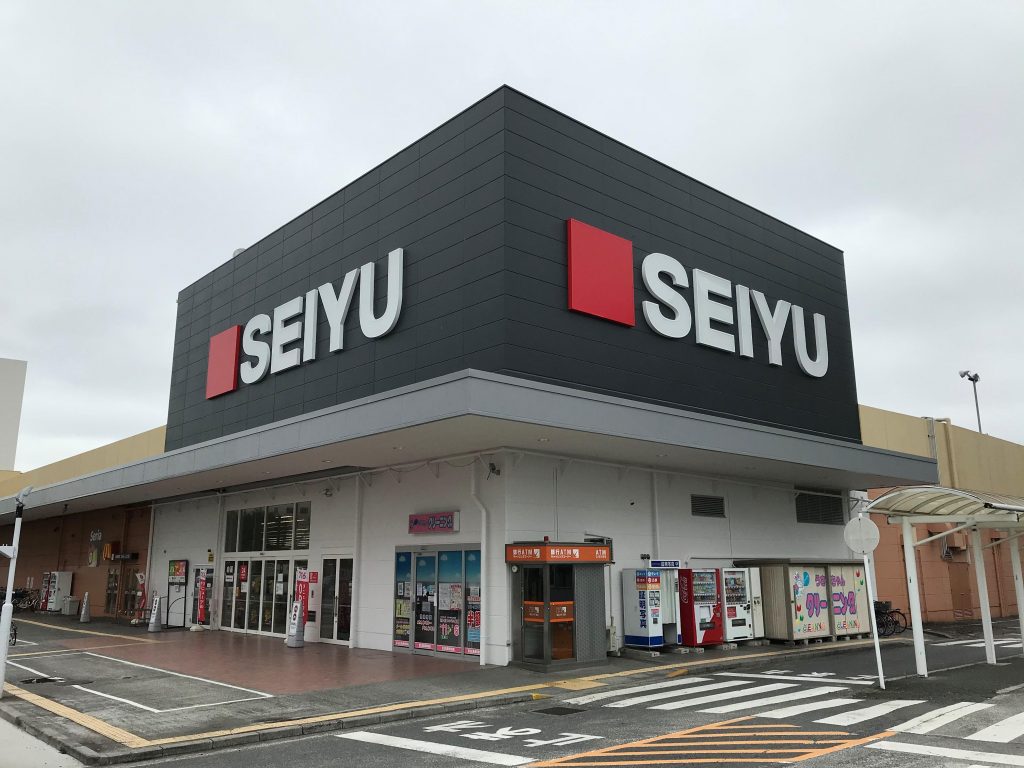
As most rented accommodation in Tokyo has limited storage and particularly small kitchens, it is often impractical to purchase items in bulk. Therefore many people in Tokyo will be grocery shopping multiple times a week, picking up only a few items at a time.
For many people, eating out is simply easier and comparable in price, sometimes cheaper, to eating at home.
Healthcare
Japan has a high-quality healthcare system, and residents are required to enrol in either the National Health Insurance (NHI) or Employees’ Health Insurance (EHI). Monthly premiums for NHI are based on income and can range from ¥5,000 to ¥40,000. Additionally, patients typically pay 30% of medical costs out-of-pocket, with the insurance covering the remaining 70%.
Education
For families with children, education is another consideration. Public schooling in Japan is relatively affordable, with minimal costs for uniforms, supplies, and extracurricular activities.
However, international schools in Tokyo can be quite costly, with annual tuition fees ranging from ¥1,500,000 to ¥3,000,000 or more.
Entertainment
Tokyo offers a myriad of leisure activities, from cultural experiences to modern attractions. Monthly entertainment expenses can vary widely based on personal interests and lifestyle.
A movie ticket costs around ¥1,800, while a monthly gym membership can range from ¥8,000 to ¥15,000.
Shopping
Tokyo is a shopping paradise, with options ranging from high-end boutiques to local markets.
Clothing prices can vary significantly, with budget-friendly options available in areas like Harajuku and more luxurious choices in Ginza.
Uniqlo is a popular affordable clothing store, stocking everything from sleepwear, casual, smart and sportswear.
Electronics, a popular purchase in Tokyo, can also range from affordable to high-end, depending on the brand and specifications.
Miscellaneous Expenses
Other expenses to consider include mobile phone plans, which can cost around ¥5,000 to ¥10,000 per month, and personal care items, which can add another ¥5,000 to ¥10,000 monthly.
Conclusion
In summary, the cost of living in Tokyo can be quite high, but offers a wealth of experiences and conveniences.
Depending on ones lifestyle and living arrangements, costs can differ.
With the Japanese Yen currently experiencing a sustained weakness when compared to the US Dollar and British Pound (¥100 being roughly $0.67 and £0.52 at the time of writing this post) the cost of Living in Tokyo may appear to be significantly cheaper than the major cities of other developed nations.
If you live in Japan but work remotely earning USD or GBP then most costs will be quite affordable, but in time as your earnings may shift to Yen, it is worth keeping an eye on your budget.
Whether you are a single professional or a family, budgeting carefully and understanding the various living costs can help manage finances effectively while enjoying all that this vibrant city has to offer.
Thank you for reading!

